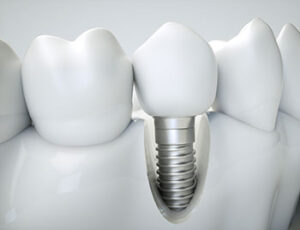
Dental implants have empowered countless patients to replace their lost teeth with beautiful and functional restorations that look and work just like the real thing. Implants can last for several decades or possibly for life if they receive excellent care, and adopting a few smart oral health habits can help you keep your restorations in great shape. Here’s a quick look at a few causes of dental implant failure and how you can avoid them.


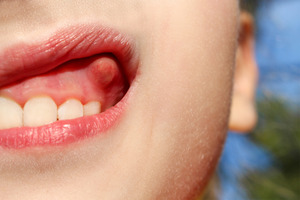 Finding a bump on your gums can be alarming, but is it something that you need to be worried about? The answer depends on the situation; some bumps are harmless, but others can be a symptom of a serious
Finding a bump on your gums can be alarming, but is it something that you need to be worried about? The answer depends on the situation; some bumps are harmless, but others can be a symptom of a serious  Have you been experiencing constant facial pain recently? There could be any number of possible explanations, some of which are more urgent than others. In particular, the discomfort could potentially be a symptom of a serious
Have you been experiencing constant facial pain recently? There could be any number of possible explanations, some of which are more urgent than others. In particular, the discomfort could potentially be a symptom of a serious  If you wore braces as a teen or young adult, you probably remember the relief of finally seeing a straight, confident smile. But if your teeth have shifted over the years, you’re not alone—many people experience orthodontic relapse after braces.
If you wore braces as a teen or young adult, you probably remember the relief of finally seeing a straight, confident smile. But if your teeth have shifted over the years, you’re not alone—many people experience orthodontic relapse after braces.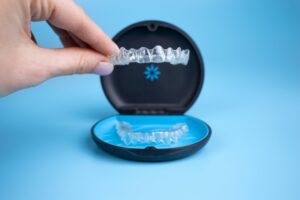
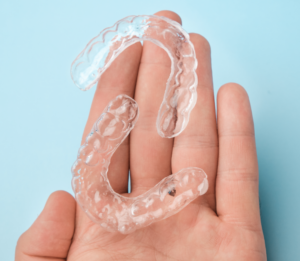 The promise of straighter teeth without ever visiting a dentist might sound convenient, but mail-in clear aligners come with serious risks. Many people looking for
The promise of straighter teeth without ever visiting a dentist might sound convenient, but mail-in clear aligners come with serious risks. Many people looking for  Don’t you hate it when someone uses a lot of technical terms you don’t know? How are you supposed to follow a conversation when they include so much jargon? Unfortunately, sometimes not knowing the clinical lingo can stand between you and the treatment you want. To prevent this from happening at the dentist’s office when replacing teeth, here are many basic terms you need to know about
Don’t you hate it when someone uses a lot of technical terms you don’t know? How are you supposed to follow a conversation when they include so much jargon? Unfortunately, sometimes not knowing the clinical lingo can stand between you and the treatment you want. To prevent this from happening at the dentist’s office when replacing teeth, here are many basic terms you need to know about 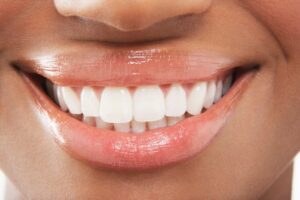
 Tooth loss detracts from your daily quality of life in several ways. For example, you might feel self-conscious about the changes to your appearance. Not only that, but you could develop an altered diet or speech patterns, which can affect your general health and ability to communicate.
Tooth loss detracts from your daily quality of life in several ways. For example, you might feel self-conscious about the changes to your appearance. Not only that, but you could develop an altered diet or speech patterns, which can affect your general health and ability to communicate.